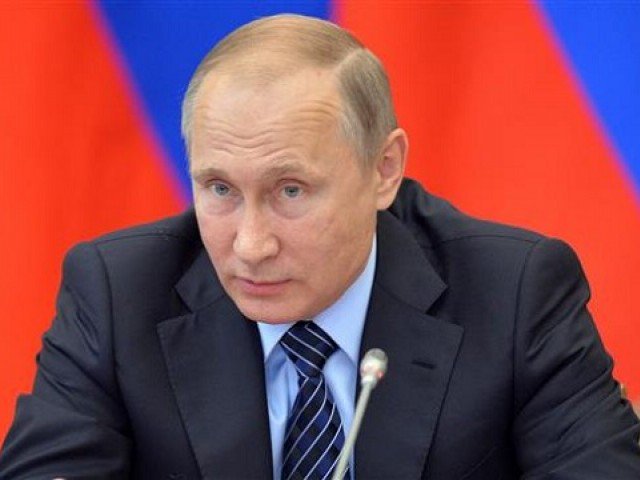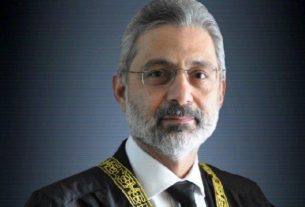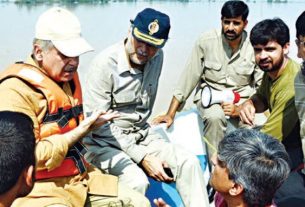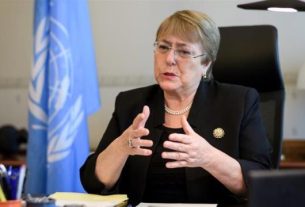KYIV: Russian President Vladimir Putin said the situation in four areas of Ukraine that Moscow has unilaterally declared part of Russia was proving “extremely difficult”, one of his clearest public admissions yet that his invasion is not going to plan.
He also called for an increase in surveillance in his comments to mark Security Services Day in Russia on Tuesday. They followed a visit to close ally Belarus that fuelled fears, dismissed by the Kremlin, that the country could help Russia open a new invasion front against Ukraine.
Kyiv renewed calls for more weapons after Russian drones hit energy targets in a third air strike on power facilities in six days.
Putin ordered the Federal Security Services (FSB) to step up surveillance of Russian society and the country’s borders to combat the “emergence of new threats” from abroad and traitors at home.
Western countries have imposed unprecedented sanctions on Russia and the rouble slumped to an over seven-month low against the dollar on Tuesday after the European Union agreed to cap prices of gas, a major Russian export.
In a rare admission of the invasion of Ukraine not going smoothly, Putin cautioned about the difficult situation in regions of Ukraine that Moscow moved to annex in September and ordered the FSB to ensure the “safety” of people living there.
“The situation in the Donetsk and Luhansk People’s Republics, in the Kherson and Zaporizhzhia regions is extremely difficult,” Putin said in a video address to security workers.
There are conflicting views in Russia on whether or not to launch a renewed offensive in Ukraine, a senior US State Department official said on Tuesday, reiterating that Washington would keep backing Kyiv regardless of which scenario plays out.
US sees ‘conflicting’ views
The 10-month-old conflict prompted by Russia’s invasion of Ukraine has spiraled into the largest in Europe since World War Two, and has killed tens of thousands of people, driven millions from their homes and reduced cities to ruins.
But Russia’s invasion has faltered badly since the summer with a string of losses to a Ukrainian counteroffensive that retook swaths of occupied territory and forced Moscow into a partial mobilisation of 300,000 more troops.
“Certainly, there are some (within Russia) who I think would want to pursue (new) offensives in Ukraine. There are others who have real questions about the capacity for Russia to actually do that,” the State Department official, speaking on the condition of anonymity, told reporters in Washington.
Russia is suffering “significant” shortages of ammunition, posing a serious problem along the war’s front lines, the official said, and those that Moscow has called up to join its combat forces were often not “cohesive” units.
“There are all sorts of things that the Russians are dealing with in terms of having the necessary equipment, having the necessary ammunition that put some constraints on what they may want to do,” the official said.
President Volodymyr Zelensky on Tuesday visited the eastern frontline city of Bakhmut, now the epicentre of fighting in Russia’s nearly 10-month invasion of Ukraine.
Zelensky visits frontline city
Zelensky met military officials and handed out awards to Ukrainian servicemen, who have been holding back a fierce and months-long Russian campaign for the city.
To gain control of the city, Russia is believed to have relied on mercenaries, prison conscripts and newly mobilised soldiers to send waves of attacks against Ukrainian positions.
The brutal trench warfare and artillery battles around Bakhmut — once known for its vineyards and cavernous salt mines — have flattened large portions of the city and its surroundings.__Dawn.com





